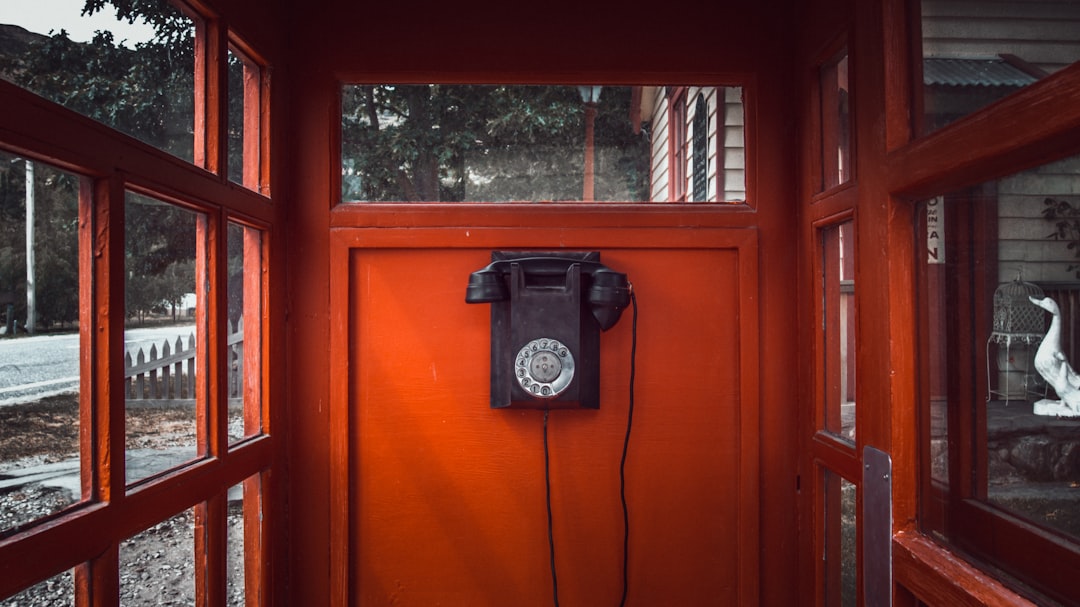Louisiana's Debt Collection Laws protect consumers from unfair practices by mandating collectors follow strict guidelines for communication and behavior. Debtors have rights to challenge debts and file complaints if violated. After a cease letter from creditors, debtors can resolve issues or consult legal counsel regarding their rights under the Louisiana Debt Collection Practices Act, ensuring fair interactions during debt collection processes.
In Louisiana, understanding the state’s debt collection laws is crucial for both creditors and consumers. This article delves into the intricate details surrounding legal actions after a creditor sends a cease letter, exploring rights and protections available to Louisiana residents. We navigate the complex landscape of fair debt collection practices, highlighting key aspects such as when a cease letter is triggered and the subsequent legal recourse options. By understanding these principles, consumers can protect their rights while creditors ensure compliance with Louisiana’s debt collector laws.
Understanding Louisiana's Debt Collection Laws

Louisiana has specific laws in place to protect consumers from unfair or abusive debt collection practices. These regulations, part of the state’s Debt Collection Laws, are designed to ensure that debt collectors treat individuals with respect and provide them with certain rights. Under these laws, debt collectors must identify themselves, inform debtors of the amount owed, and present valid proof of the debt. They cannot harass, threaten, or use deceptive tactics to extract payments.
Debtors in Louisiana also have the right to challenge the validity of a debt and request verification from the collector. If a consumer feels their rights are violated, they can file a complaint with the Louisiana Attorney General’s Office. Understanding these laws is crucial for both debtors and creditors to ensure compliance and maintain fair interactions during debt collection processes.
When a Creditor Sends a Cease Letter

When a creditor in Louisiana decides to take legal action against a debtor, they often send a cease letter as a first step. This formal communication serves as a demand for the debtor to stop certain activities related to the debt. It’s crucial to understand that this letter isn’t merely a warning; it initiates a legal process, and the recipient must respond accordingly within the specified timeframe.
In Louisiana, debt collectors adhere to specific laws and regulations, ensuring fairness and transparency. The cease letter outlines the creditor’s intention to pursue collection efforts and provides details about the outstanding debt. It’s a critical juncture where debtors have the opportunity to resolve the issue amicably or consult legal counsel to understand their rights and options under the state’s debt collection practices act.
Legal Actions After a Cease Letter in Louisiana

In Louisiana, if a debtor receives a cease and desist letter from a debt collector, it’s crucial to understand the subsequent legal landscape. After the initial warning, if the debtor fails to comply or the creditor believes the debt is valid, they can take further legal action. This might include filing a lawsuit in civil court to recover the debt, seeking wage garnishment, or placing a lien on the debtor’s property.
The debt collector laws in Louisiana govern these processes, ensuring fair practices and providing protections for debtors. If a creditor proceeds with legal action, they must adhere to specific rules regarding timeliness, proper documentation, and transparency. Debtors have rights too, including the right to challenge the validity of the debt and seek remedies if they believe the collection process is unfair or violates their rights under Louisiana law.
Consumer Rights and Protections in Louisiana

In Louisiana, consumers enjoy a range of rights and protections when it comes to dealing with debt collectors. The state has specific laws in place to prevent harassment and unfair practices by collection agencies. According to the Louisiana Debt Collection Laws, debt collectors must adhere to strict guidelines regarding communication methods, frequency, and disclosure of information. They are prohibited from using abusive, oppressive, or humiliating tactics, as well as making false or misleading statements.
Consumers in Louisiana also have the right to request validation of the debt, meaning they can challenge the validity or amount of the debt being collected. This process involves sending a written cease and desist letter to the debt collector, requesting proof of the debt’s authenticity. Upon receipt of such a letter, collectors are legally obligated to cease all communication with the consumer until they provide the requested verification, ensuring transparency and fairness throughout the debt collection process.
Navigating Legal Recourse for Unfair Debt Collection Practices

Navigating Legal Recourse for Unfair Debt Collection Practices in Louisiana
In Louisiana, debt collectors are governed by state and federal laws designed to protect consumers from aggressive or unfair collection tactics. If you’ve received a cease letter from a creditor or debt collector, understanding your rights is crucial. The first step is to review the letter carefully to determine if the claims are valid and if the collector has followed proper legal procedures.
Under the Debt Collection Practices Act (DCPA), debt collectors must provide validation of the debt, including the amount owed and the name of the original creditor. They must also refrain from using deceptive or harassing collection methods. If you believe your rights have been violated, consulting with an attorney specializing in consumer protection law can help you understand your options, which may include sending a dispute letter back to the collector or filing a legal action against them under Louisiana debt collector laws.






